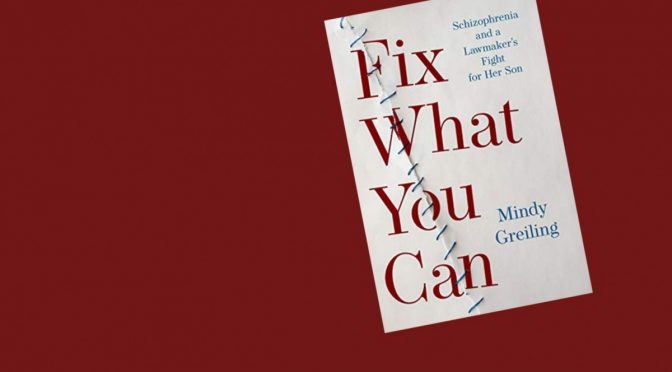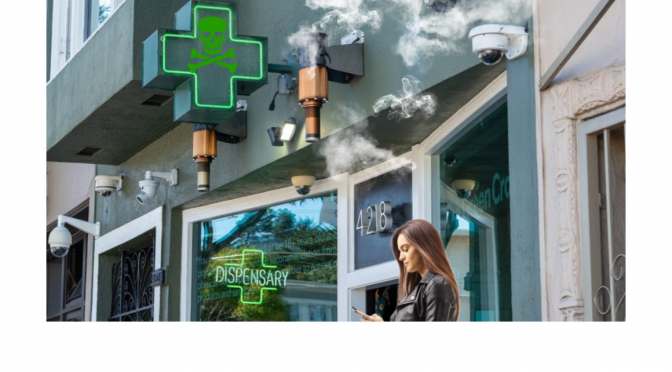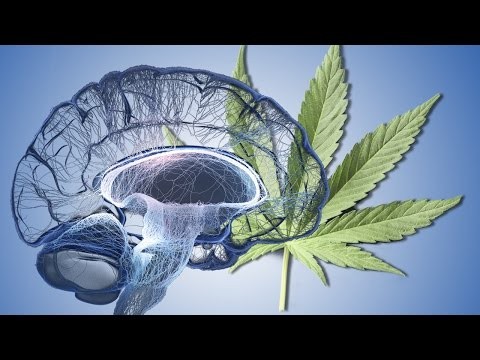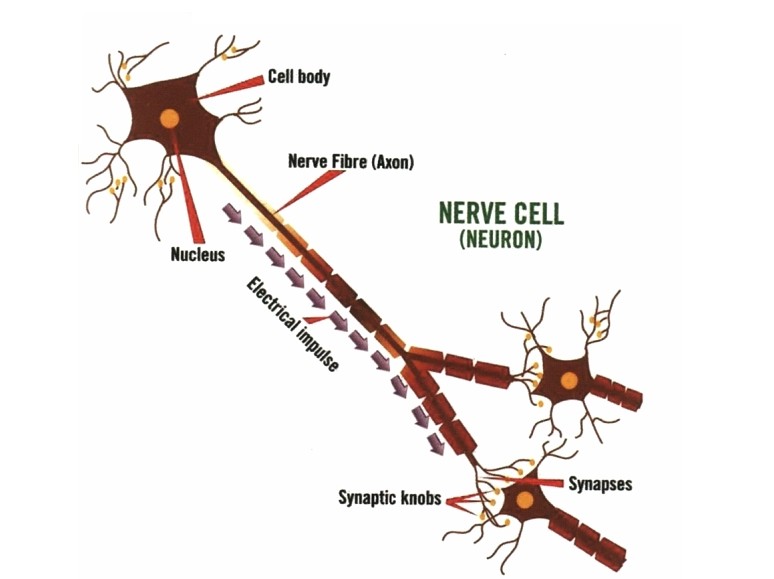Warns Virginia Legislators Not to Ignore the True Costs and Harms
Merrifield, VA—February 8, 2021–Opponents to the Virginia bills which will permit 400 retail marijuana shops and home grows in neighborhoods around the state, are hearing some alarming arguments in favor of the idea. Parents Opposed to Pot (PopPot), a drug prevention campaign, responds to the erroneous information currently being accepted by some legislators.
The reasons constituents are being given for supporting the legislation (SB 1406 and HB 2312) are in bold. What follows are the PopPot rebuttals:
There has not been an increase in the use of marijuana in states with legalization.
The recently released SAMHSA National Survey on Drug Use and Health (NSDUH 2018-2019) shows that drug use doubles when a state legalizes. MomsStrong.org recently published a helpful chart of this data.[1] In the state of Colorado about 20% of teens use marijuana regularly, and half of those teens have progressed to the more dangerous high THC concentrates. These psychoactive drug products manufactured and sold by the marijuana industry include vapes and edibles.[2] In jurisdictions where there is a high density of marijuana shops the rate is even higher. In Pueblo, Colorado, known as the Napa Valley of marijuana, the youth rate is 35%, and in Denver the rate is 25% for teens.[3] Teens were not using these products before legalization.
Continue reading Falsehoods About Legal Marijuana Exposed by Parents Group




